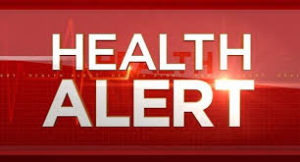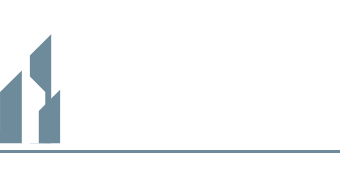 A new coronavirus is the cause of an outbreak of respiratory infections, now known as COVID-19. The number of cases worldwide is changing quickly. B.C. has confirmed cases of coronavirus; however the risk to Canadians continues to be low. The risk to construction workers is also low, due to general good health of the workforce, working conditions and safety equipment such as work gloves. However, all British Columbians should be aware of the virus and how to prevent its spread.
A new coronavirus is the cause of an outbreak of respiratory infections, now known as COVID-19. The number of cases worldwide is changing quickly. B.C. has confirmed cases of coronavirus; however the risk to Canadians continues to be low. The risk to construction workers is also low, due to general good health of the workforce, working conditions and safety equipment such as work gloves. However, all British Columbians should be aware of the virus and how to prevent its spread.
Recommendations for Employers:
- Keep washing your hands!
- For larger companies, form a COVID-19 response group to keep current on the issue, to ensure preventative measures are being taken, and to address personal or business impacts.
- For worksites and lunch rooms, ensure access to handwash and sanitizer stations
- Encourage workers, especially in lunch rooms, to wash their hands throughly and not share food, plates, utensils, etc.
- For offices and other shared workspaces, step up cleaning routines
- Keep your staff up-to-date on COVID-19 and what your company is doing
- Reduce face-to-face meetings and business travel where possible
- Review (and if so desired, revamp to fit your company’s circumstances and distribute to employees) this memo on guidance for employers
- Review this excellent list of Frequently Asked Questions – which include suggestions on how to handle employees returning from travel or needing to self-quarantine.
- Keep an eye on the BC Centre for Disease Control website for updates: http://www.bccdc.ca/health-info/diseases-conditions/coronavirus-(novel)
WorkSafeBC has a page that is helpful to employers and employees HERE.
Homebound? Try one of our online courses
What is Coronavirus COVID-19?
Coronaviruses are a large family of viruses found mostly in animals. In humans, they can cause diseases ranging from the common cold to more severe diseases such as Severe Acute Respiratory Syndrome (SARS) and Middle East Respiratory Syndrome (MERS-CoV). The new coronavirus has been named COVID-19.
While many of the characteristics of COVID-19 are still unknown, mild to severe illness has been reported for confirmed cases.
Anyone concerned that they may have been exposed to, or are experiencing symptoms of the novel coronavirus, should contact their primary care provider, local public health office, or call 8-1-1.
What are the Symptoms?
The symptoms of COVID-19, are similar to other respiratory illnesses, including the flu and common cold. They include cough, sneezing, fever, sore throat and difficulty breathing.
- your symptoms;
- where you have been travelling or living;
- if you had direct contact with animals (for example, if you visited a live animal market); and
- if you had close contact with a sick person, especially if they had a fever, cough or difficulty breathing.
How is it spread?
How can I avoid it?
- washing your hands often with soap and water for at least 20 seconds;
- avoiding touching your eyes, nose or mouth with unwashed hands;
- avoiding close contact with people who are sick;
- coughing or sneezing into your sleeve and not your hands; and
- staying home if you are sick to avoid spreading illness to others.
